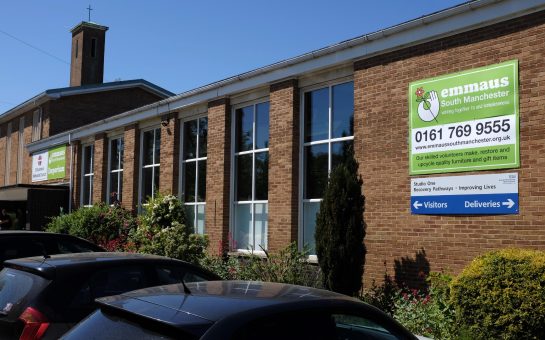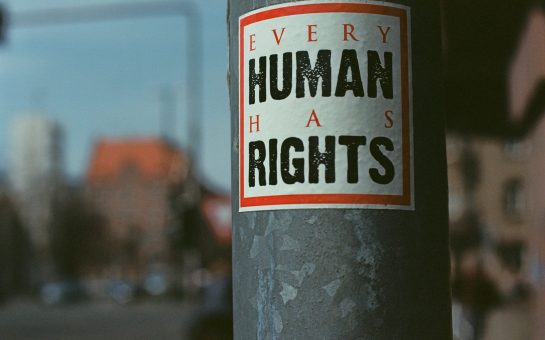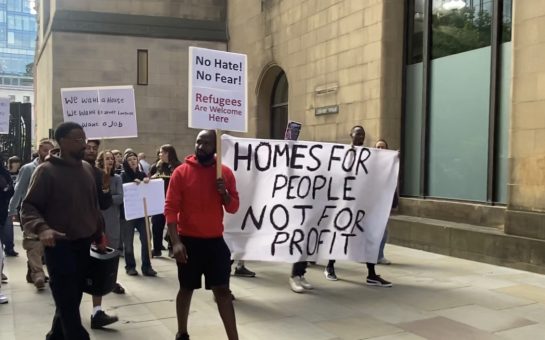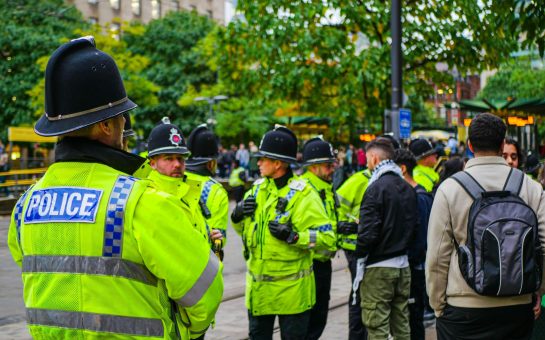
The number of arrests for ‘aggressive and intimidating’ begging in Greater Manchester doubled between 2020 and 2021.
Figures obtained through a Freedom of Information request to the Great Manchester Police revealed there were a total of six arrests in 2020 – which rose to 15 in 2021.

What is ‘aggressive and intimidating’ begging?
Arrests for ‘aggressive and intimidating’ begging is enforced upon those who are unwilling to engage with support services and continue to cause harm and anti-social behaviour.
Superintendent Zac Fraser from GMP said: “Enforcement is always a last resort. Our primary focus is to support vulnerable people via multi-agency intervention and prevention.”
The Vagrancy Act 1824:
The Vagrancy Act 1824 is the legislation ‘aggressive and intimidating’ begging falls under – the Act is a 197-year-old law that made homelessness and begging on the street a criminal offense in England and Wales.
Politicians including Conservative MP for the Cities of London & Westminster, Nickie Aiken, are campaigning for to repeal the Vagrancy Act, branding it ‘cruel’ and ‘antiquated’.
Hub model providing an alternative to arrests:
Neil Cornthwaite, 47, partnership manager at the homeless charity Barnabus said: “We work with GMP, and they’ve moved away from prosecuting under the Vagrancy Act because it’s pretty pointless for them, they have other issues and it will clog up the courts.
“Now they use the hub model.”
Instead of arrests, people are told to attend the hub to help with accommodation and other needs.
Initiatives like the Street Engagement Hub are backed by GMP and act as alternative to arrests and focus on rehabilitation rather than prosecution.
Why have arrests risen?
So why, with the move away from arresting homeless people have the figures risen?
Cornthwaite said: “This antisocial behaviour came about because of the lack of drugs, alcohol and begging opportunities that were in the city during the pandemic.
“And a lack of support services open, so those not temporarily housed in the hotels would have been the most difficult to work with.”
Therefore, the rise in arrests can be understood in the context of a pre-pandemic decrease because of GMP using alternative hubs, paired with the lack of begging opportunities during the pandemic.



